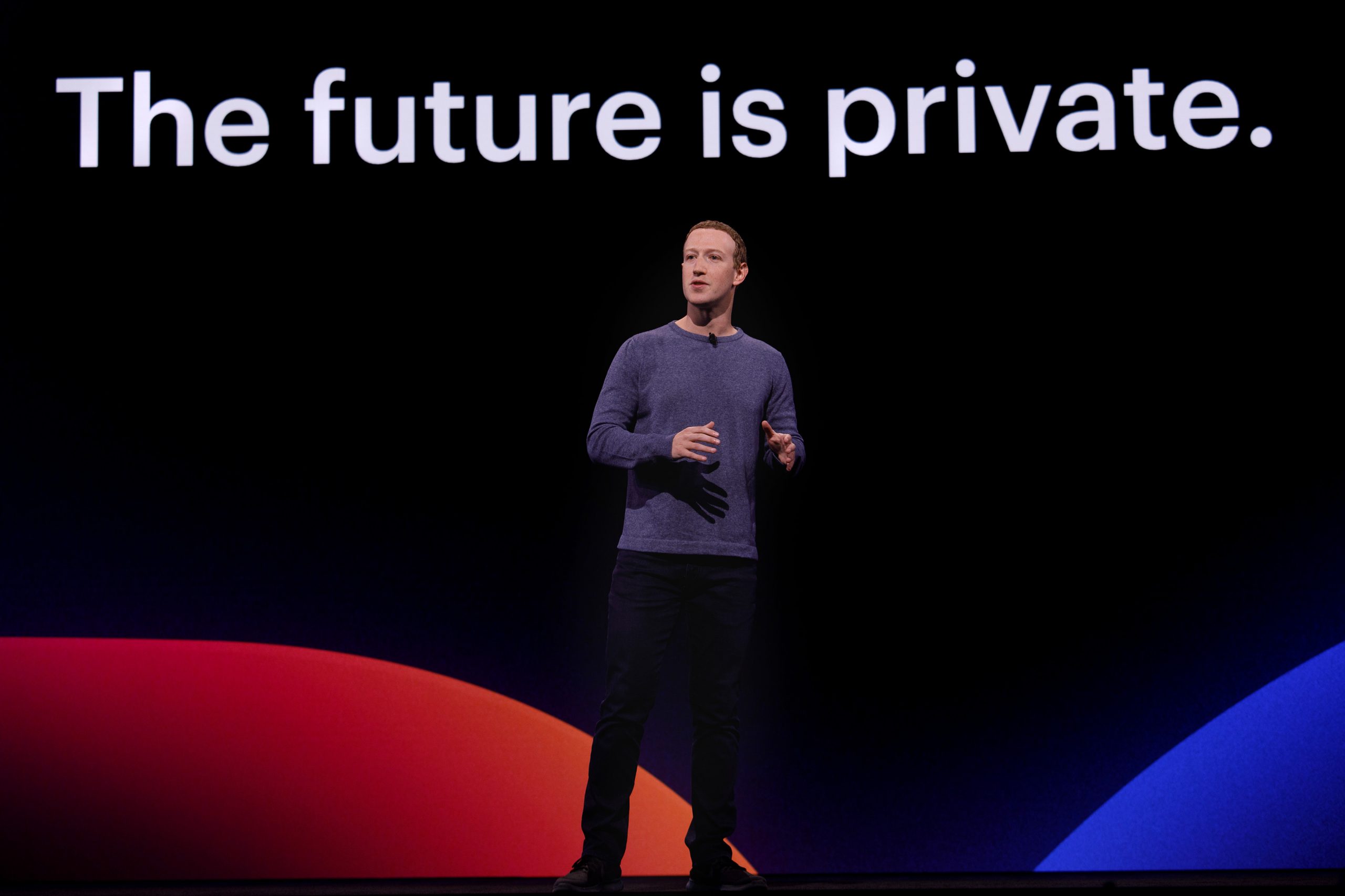Facebook cancels F8 conference amid coronavirus fears
Facebook’s largest event of the year, F8, has been cancelled due to growing concerns about the spread of COVID-19 (coronavirus).
F8 brings together the Facebook’s developers and leaders each year to highlight the latest technology from the group and plan out the company’s vision for the future.
It was due to be held in San Jose in California on the 5th and 6th of May.


